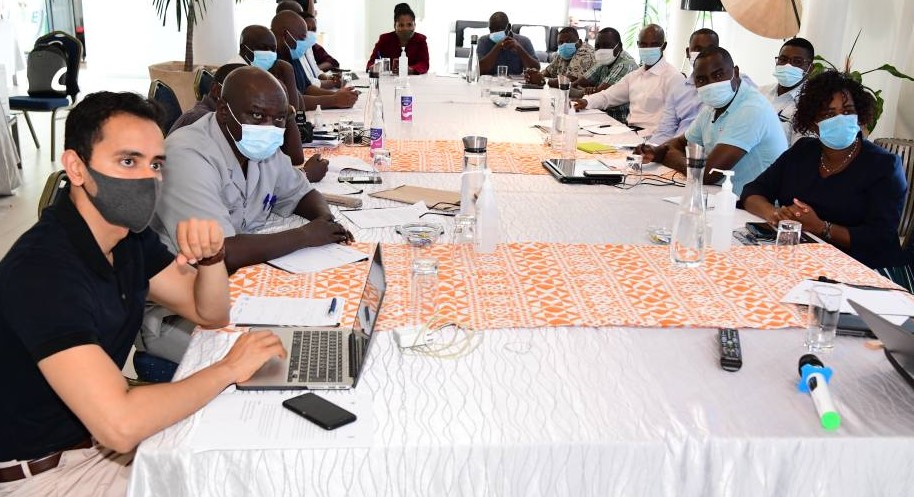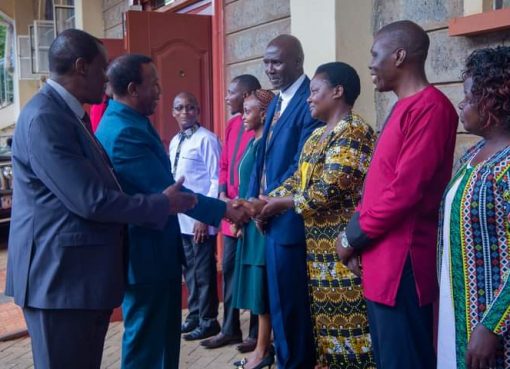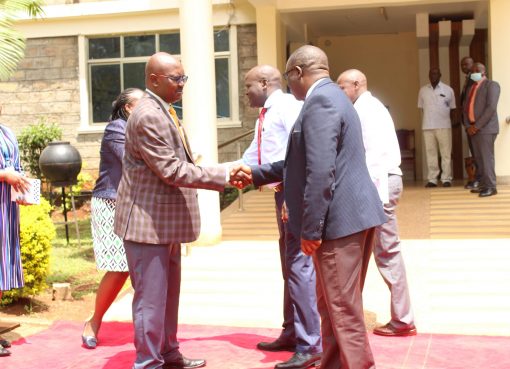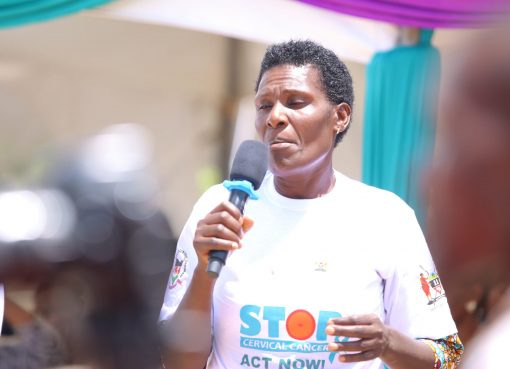The National Government through the Ministry of Tourism & Wildlife is at the early stages of planning for wildlife security hubs at strategic points in Taita Taveta County in efforts to end human-wildlife conflicts.
In the plans, the Ministry of Tourism & Wildlife has constituted a multi-agency task force, with membership from the national government, concerned national government ministries, the county government, and private stakeholders.
In the first multi-agency meeting held in Mombasa yesterday, the members discussed the hub sites, designs, approval procedures, contractual details, and the management of the hubs.
In their submissions, the members proposed a fully-pledged wildlife security hub in Voi sub-county and a semi-hub in Kasighau.
Leading a delegation from the Taita Taveta County Government was Esther Mwanyumba, the County Executive Committee Member (CECM) for Water, Environment, Sanitation, Climate Change, and Natural Resources, who praised the national government and partners for finally addressing the human-wildlife conflict problem in the county.
“It’s been years of pain for our people. But finally, our persistence and collaboration with the national government is now bearing fruits and human-wildlife conflicts in Taita Taveta will be in history books,” remarked Mwanyumba.
Human-wildlife conflicts have been a perennial disaster in Taita Taveta at times leading to casualties from both sides.
In a county that is home to the largest wildlife biodiversity in Kenya, the human-wildlife conflicts have turned to near theatrical duels as hundreds of the game cross in and out of the Tsavo West and Tsavo East National Parks into the neighbouring villages, leaving in their wake destruction of property worth of millions, distress among locals, and, in the worst scenarios, deaths.
The national government through the Kenya Wildlife Service (KWS) has been responding to the human-wildlife conflicts in the county, having recently set aside funds for a 93-km electric fence to contain and prevent the wandering of the game into the villages.
Efforts are also currently underway to restore the Tsavo ecosystem through rehabilitation and reforestation that will see water and vegetation thrive to keep the wild animals within the confines of the parks.
Dubbed as the Tsavo Ecosystem Restoration Project, the multi-pronged efforts will bring together experts from the Ministry of Environment, Water, Tourism and Wildlife, Livestock, and other private players.
By Arnold Linga Masila





